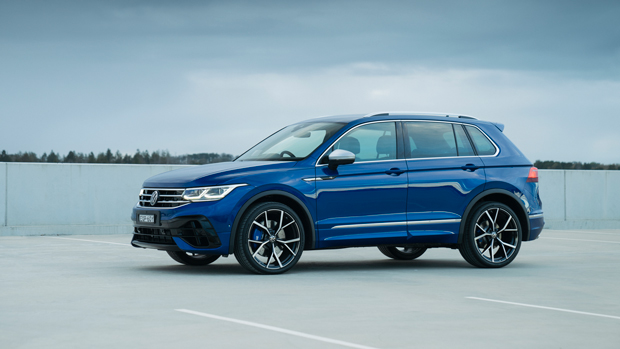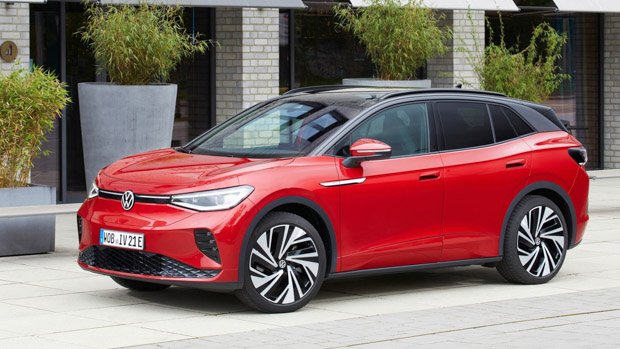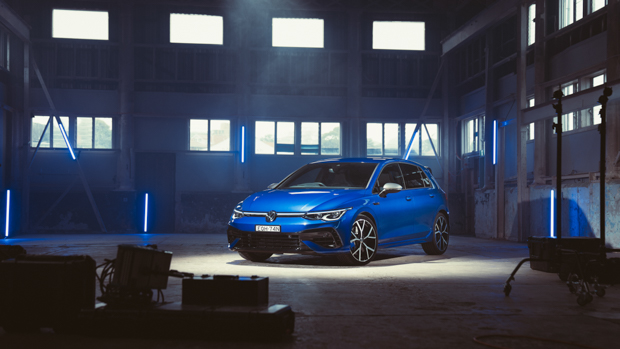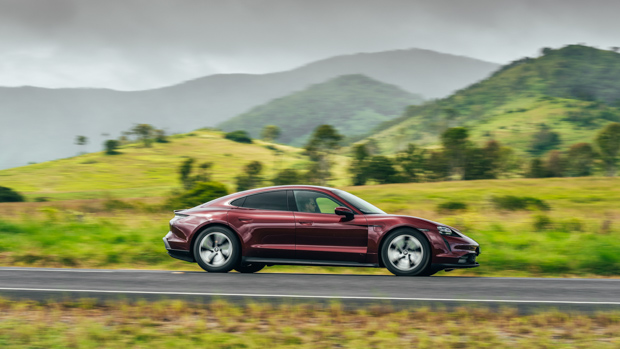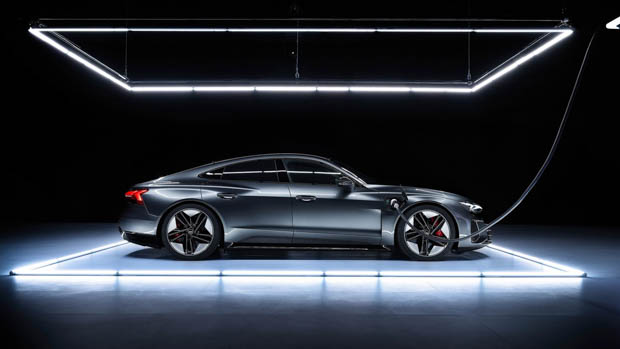-
Car Reviews
- Car News
-
Car Comparisons
Latest comparisons
- Chasing Deals
For the R fans, performance variants of current and future Volkswagen EV models are expected to continue through to 2030 and beyond
Volkswagen’s performance arm, R division, is set to continue well into the future, with the manufacturer telling overseas media that the R brand will continue as a pure-electric entity by 2030.
The German automaker confirmed to Autocar this week that its performance division will be fully electrified by 2030 as part of the brand’s wider ‘Way to Zero’ vision.
Volkswagen told the UK outlet that its “gradually converting its portfolio, with several electric R models in the planning stages”.
“We will only offer R models that meet our requirements. One thing is for certain: the future of R is electric”.
Volkswagen has also gone on the record to say that future R products will use technology taken directly from prototype racing concepts such as Pikes Peak hill climb racer.
Although it’s still too early to predict, the current ID3, ID4, ID5 and ID6 electric cars built on the MEB platform could be the frontrunners for R versions in the future.
However, a future Volkswagen SSP (Scalable Systems Platform) is expected to succeed the current MEB and J1 platforms in the coming years and could be the basis of a whole new era of electric performance motoring.
We already know that more powerful, performance GTX variants of the current MEB-based ID vehicles are planned with more performance capabilities than the current range of combustion-powered GTI and R models.
In overseas markets, the Volkswagen ID4 GTX has gone on sale, using an all-wheel-drive, dual-motor setup to produce 220kW/460Nm – very similar outputs to the current Volkswagen Golf R.
However, due to the significant weight of the onboard battery pack, the ID4 GTX manages a 0-100km/h time of 6.2 seconds, just 0.2 seconds quicker than the current MK8 Golf GTI.
Volkswagen has likely dialled back the performance of the GTX to leave room for a much more powerful R variant for the future.
Volkswagen says the MEB platform is capable of up to 700 kilometres of range and an estimated 0-100km/h performance time of 5.5 seconds, however it’s likely that the future SSP platform will push the boundaries further than this for electric performance cars.
The ID R prototype developed for the Pikes Peak hill climb used a dual-motor setup with outputs of 500KW/650Nm, showing that Volkswagen has the potential to build incredibly powerful electric motors and batteries.
But the Volkswagen Group has also successfully built very powerful electric powertrains on its J1 platform that underpins the current Audi E-tron GT and Porsche Taycan.
The Porsche Taycan Turbo S comes fitted from the factory with a 560kW combined power output and 1050Nm of torque.
However, the ‘standard’ Taycan produces 300kW/345Nm, which could be ideal output figures for future Volkswagen R models.
We know Volkswagen is capable of building successful R models suited to many buyer tastes, now only time will tell what the future of R will look like fully electrified.
Latest news
About Chasing cars
Chasing Cars reviews are 100% independent.
Because we are powered by Budget Direct Insurance, we don’t receive advertising or sales revenue from car manufacturers.
We’re truly independent – giving you Australia’s best car reviews.
